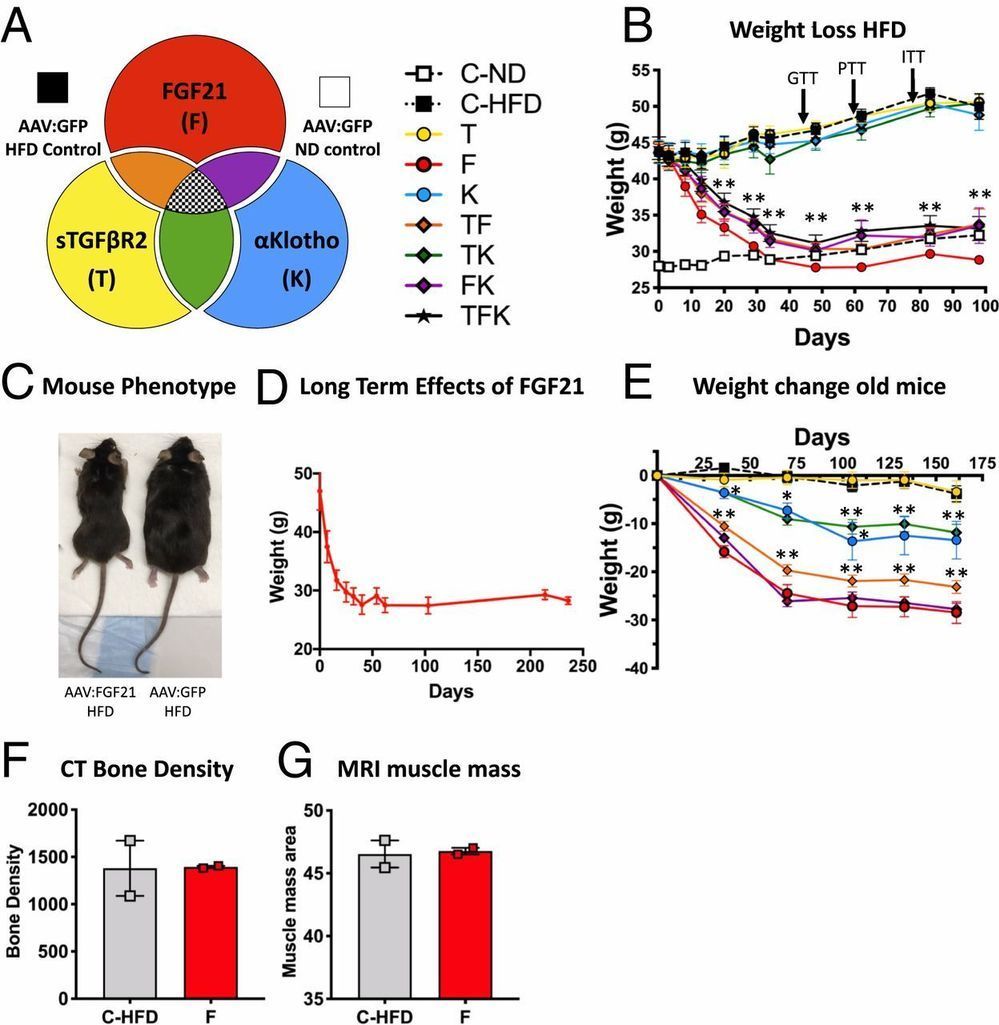In the late ’90s, wildlife conservationists Zoe Jewell and Sky Alibhai were grappling with a troubling realization. The pair had been studying black rhino populations in Zimbabwe, and they spent a good deal of their time shooting the animals with tranquilizer darts and affixing radio collars around their necks. But after years of work, the researchers realized there was a major problem: Their technique, commonly used by all manner of wildlife scientists, seemed to be causing female rhinos to have fewer offspring.
The researchers published their findings in 2001, igniting a controversy in the conservation world. The problem, says Duke University professor of conservation ecology Stuart Pimm, is that being “collared” is extremely stressful for animals. “If you were walking through your neighborhood and suddenly a bunch of strange people came charging after you … and you got shot in the ass with a dart and woke up with something around your neck, I think you’d be in pretty bad shape too,” he says.
But Jewell and Alibhai had an idea. While working alongside the Shona tribe in Zimbabwe, they saw how the indigenous trackers were able to deduce an enormous amount of information about wildlife from animals’ footprints, including weight, sex, and species, all without getting anywhere close to the animals themselves. “We would go out with local game scouts, who were often expert trackers, and they would often laugh at us as we were listening to these signals coming from the collars,” Jewell says. “They would say to us, ‘all you need to do is look on the ground.”






